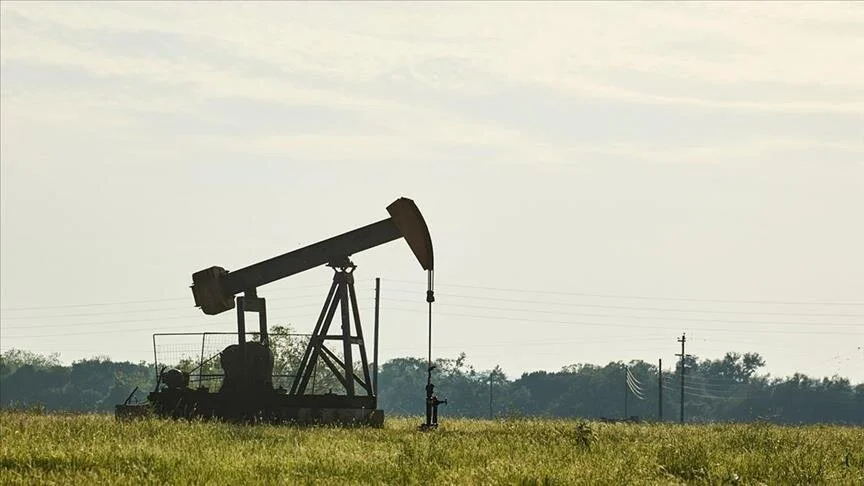Oil prices declined on Wednesday as a result of demand fears fueled by an estimated build in US inventories and weak economic data in the world’s two largest oil consumers, the US and China.
International benchmark Brent crude traded at $74.33 per barrel at 09.27 a.m. local time (0627 GMT), a 0.77% fall from the closing price of $74.91 a barrel in the previous trading session.
The American benchmark West Texas Intermediate (WTI) registered at the same time at $70.22 per barrel, down 0.90% from the previous session’s close of $70.86 per barrel.
After the American Petroleum Institute (API) announced its estimate of a rise in crude oil stockpiles late Tuesday, prices fell on expectations of a contraction in demand in the US, the world’s largest oil-consuming country.
Inventories rose to over 3.7 million barrels, relative to the market expectation of a draw of 1.3 million barrels.
A strong increase in inventory implies a fall in crude demand in the US, assuaging market concerns over falling demand.
The US Energy Information Administration’s (EIA) data on oil stocks will be announced later on Wednesday, and if the increase in stock levels is confirmed, prices are expected to further decline.
Mixed macroeconomic data signals in the country also contributed to an increased perception of market risk. In the US, retail sales fell below market expectations by 0.4% month-on-month in April, while industrial production exceeded forecasts with a month-on-month rise of 0.5%.
Talks on raising the US debt ceiling have also put pressure on prices. Following US President Joe Biden’s meeting with congressional leaders on Tuesday, House Speaker Kevin McCarthy told reporters that an agreement would likely be reached by the end of the week.
The fact that April industrial production and retail sales growth in China, the world’s largest oil importer, fell short of expectations suggests that the economy lost steam in the first quarter.
On the supply side, markets will closely monitor the G-7 leaders’ meeting to be held on May 19–21. At the meeting, the G-7 group is expected to discuss sanctions evasion involving third countries, with the aim of limiting Russia’s future energy production and curbing trade that supports Russia’s military.

